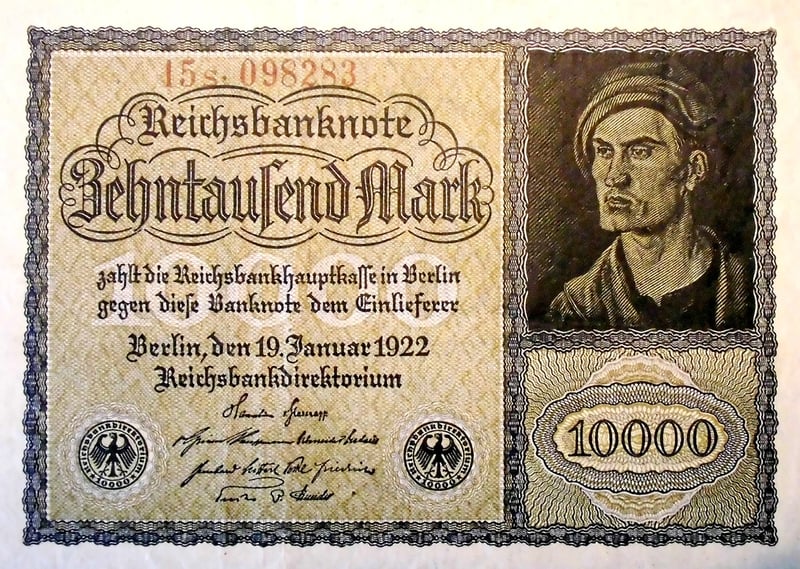Temporal Consequences
Exploring Narratives Across Eras and Their Temporal Consequences
In the realm of storytelling, narratives have been a fundamental part of human communication since the dawn of civilization. From ancient myths and epic poems to modern novels and films, narratives serve as a powerful tool to convey ideas, emotions, and experiences across different eras. By examining narratives across various time periods, we can uncover how they shape our understanding of the world and influence our perception of history.
The Power of Storytelling
Storytelling is more than just a form of entertainment; it is a way to pass down knowledge, preserve cultural heritage, and foster empathy. Through narratives, we can walk in the shoes of characters from distant lands and bygone eras, gaining insights into their lives and the challenges they faced. This ability to connect with others through stories transcends time and helps us appreciate the diversity of human experiences.
Exploring Narratives Across Eras
Each era produces narratives that reflect the values, beliefs, and concerns of that time. Ancient myths, such as the Greek epics of Homer, offer insights into the worldview of ancient civilizations and their understanding of gods, heroes, and fate. In contrast, the literature of the Renaissance period explores themes of humanism, individualism, and the rediscovery of classical knowledge.
Fast forward to the modern era, and we see narratives that reflect the complexities of the industrial revolution, world wars, and globalization. From the dystopian visions of George Orwell's "1984" to the post-colonial narratives of Chinua Achebe's "Things Fall Apart," each story captures the zeitgeist of its era and leaves a lasting impact on readers.
Temporal Consequences of Narratives
The narratives we create and consume have temporal consequences that ripple through history. They shape our collective memory, influence societal norms, and inspire future generations to reflect on the past and envision a better future. By studying narratives across eras, we can trace the evolution of thought, values, and cultural identity over time.
Moreover, narratives have the power to challenge dominant narratives, rewrite history from marginalized perspectives, and amplify voices that have been silenced. Through diverse and inclusive storytelling, we can create a more nuanced understanding of the past and present, fostering empathy, understanding, and dialogue across different cultures and communities.
Final Thoughts
Exploring narratives across eras allows us to appreciate the richness and diversity of human experiences throughout history. By delving into the stories of the past, we gain new perspectives on our present reality and envision possibilities for the future. Let us continue to engage with narratives from different eras, learning from the voices of the past to shape a more inclusive and empathetic world for generations to come.

Image Source: Pixabay
